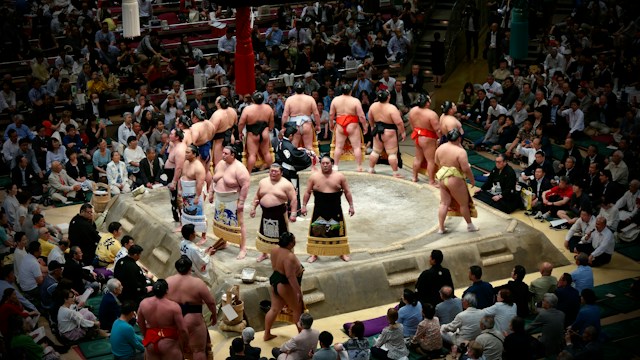Exploring the history of Indigenous sports and their cultural significance.

The cultural significance and history of Indigenous sports goes beyond the concept of physical activity. Indigenous games, deeply rooted in the ancient traditions of Aboriginal peoples, are an integral part of the physical culture of Indigenous communities across Canada and North America. These sports games, which range from traditional games to winter games, were not merely pastimes in their communities. Instead, they were, and continue to be, crucial elements of their culture, teaching lessons about survival, building community bonds, and reflecting the Indigenous peoples’ profound connection with the land they inhabit.
The Cultural Heritage of Indigenous Sports
Indigenous sports, deeply embedded in Aboriginal peoples’ lives, were more than just physical activities. They reflected the Indigenous peoples’ way of life, their beliefs, and their profound connection with nature. Native North American tribes have long used sports games as a medium to teach their youth about their culture and traditions.
A voir aussi : How can anti-doping education be effectively integrated into sports curriculums at all levels?
Traditional Indigenous games were not merely sources of entertainment. They were an intricate part of tribal ceremonies, spiritual rituals, and community gatherings. Games like Lacrosse, referred to as "The Creator’s Game," were believed to have been given to the people by the Creator himself as a way to please him and keep the mind, body, and spirit in good health.
Furthermore, these Indigenous games were also used as a means of resolving conflicts and making significant decisions within the community, emphasizing their importance in maintaining social cohesion and harmony within the tribe.
A lire également : What’s the impact of nutrition timing on performance and recovery in competitive sports?
The Impact of Indigenous Sports on Health
The physical benefits of Indigenous sports are undeniable. They promote an active lifestyle, thus contributing to the overall health and well-being of the individuals participating. However, the benefits of these traditional games extend far beyond physical health.
The Indigenous youth who partake in these games learn valuable life skills, such as teamwork, decision-making, and problem-solving. They gain a sense of belonging and build strong ties with their community, fostering their mental health.
Moreover, these indigenous games provide a means for Indigenous people to connect to their cultural roots, offering them a sense of identity and pride in their heritage. In an era where Indigenous communities are grappling with the effects of residential schools and cultural assimilation, the importance of these sports in preserving Indigenous culture and boosting the health and resilience of Indigenous youth cannot be overstated.
Indigenous Sports in the Canadian Media
The representation of Indigenous sports and the athletes who participate in them in the Canadian media has seen a significant shift over the years.
CBC News and other notable Canadian media outlets have begun to highlight and promote Indigenous sports, bringing them to the forefront. The inclusion of Indigenous sports such as lacrosse, Arctic winter games, and traditional Indigenous activities in media narratives has provided a platform for Indigenous athletes and communities to share their stories and culture with a broader audience.
However, while this increased visibility is a step in the right direction, there is still much work to be done. The narratives must be driven by Indigenous peoples themselves to accurately portray their sports, their stories, and their cultural significance, thus avoiding stereotypes and misconceptions.
Sport Canada and Indigenous Sports
Sport Canada, recognizing the cultural significance of Indigenous games, has made concerted efforts to promote and support these traditional sports.
Recognizing the role of sports in promoting health and well-being, Sport Canada has initiated numerous programs aimed at encouraging participation in sports among Indigenous youth. They have also committed to acknowledging and respecting the unique cultural contexts of Indigenous sports.
Moreover, Sport Canada has taken steps to ensure Indigenous representation in sporting decision-making bodies, ensuring that Indigenous voices are heard and their unique perspectives are considered. They also continue to fund initiatives and organizations that aim to preserve and promote Indigenous sports and their cultural significance.
Indigenous sports are much more than physical activities. They represent a rich cultural heritage, teach valuable life skills, and offer a sense of community and identity to Indigenous youth. They are an integral part of Indigenous culture and play a crucial role in the health and wellbeing of these communities.
As we move forward, it is vital to continue to celebrate, promote, and protect these Indigenous games. This will ensure that the rich cultural heritage they represent is preserved, and that they continue to bring health and social benefits to Indigenous peoples. Moreover, it allows us a glimpse into the richness and depth of Indigenous cultures and the profound wisdom they hold.
In a world grappling with health issues, ecological crises, and social unrest, perhaps there is much to learn from Indigenous communities and the ancient wisdom they carry in their traditional sports.
